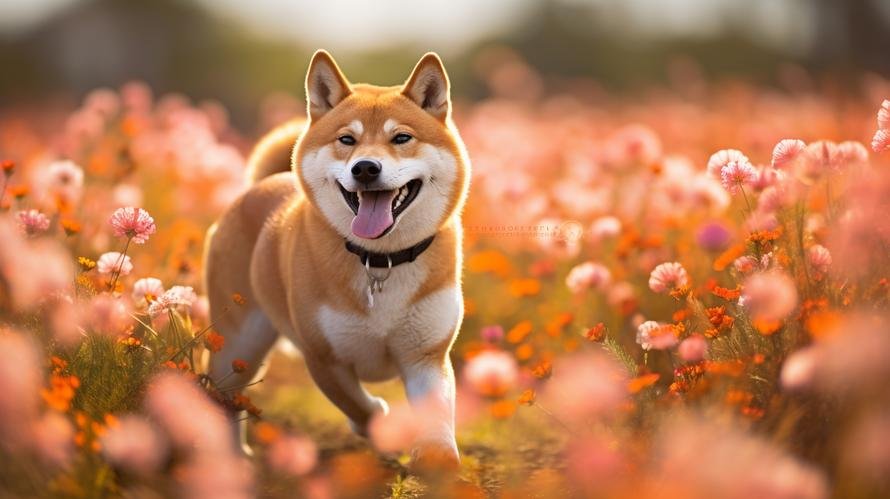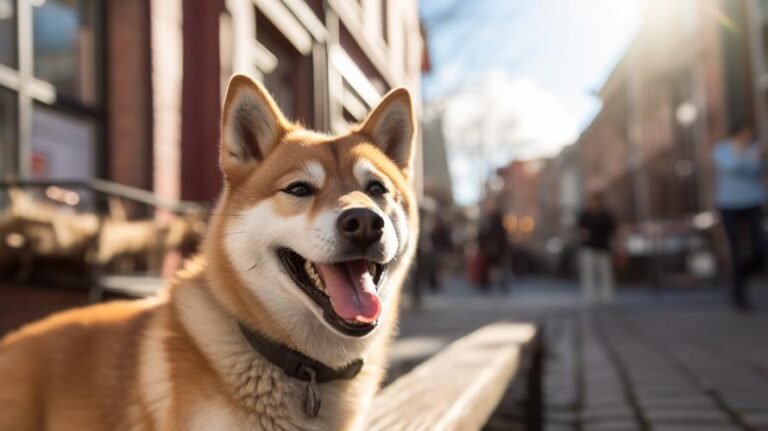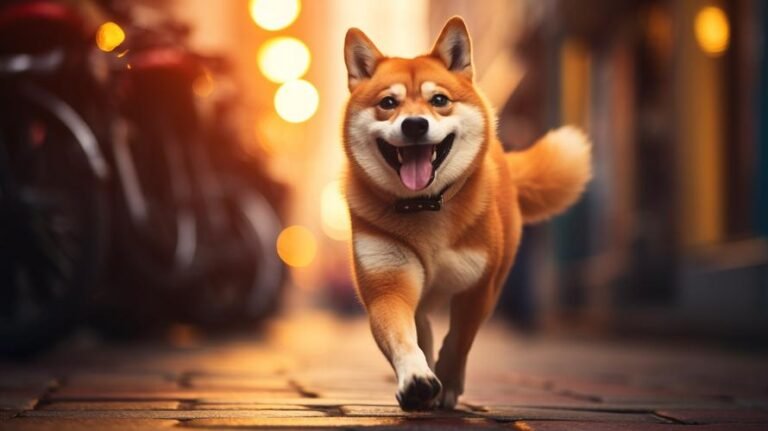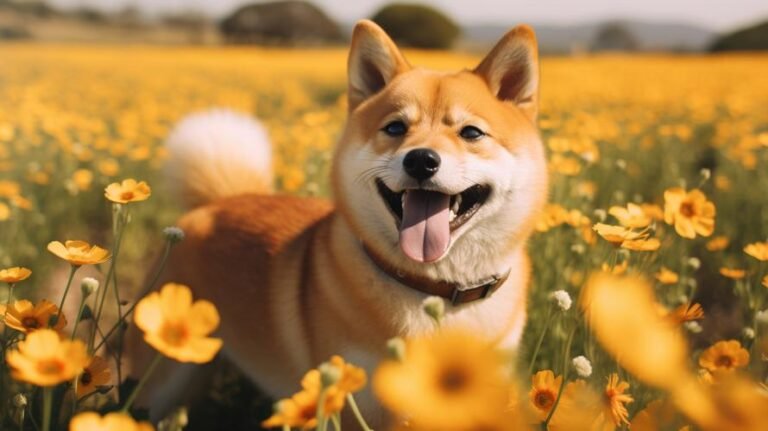Did you know the Japanese characterize Shiba Inus as a dog with a spirited boldness, having a good nature, and possessing alertness? These quirky, independent animals have quickly risen in popularity due to internet memes and the famous ‘Doge’ internet slang. But before you jump on the bandwagon and adopt your very own ‘Doge,’ it’s wise to research its health and ensure your new potential family member lives a long, vibrant life.
Shiba Inus, one of the few ancient dog breeds still in existence today, hold a strong genetic lineage with their health being just as robust and robust as their personalities; with the correct care, these dogs can lead full, healthy lives.
However, the bold and confident Shiba Inu hiding behind those adorable faces can also be susceptible to various health disorders. Acknowledging these issues while taking preventative measures can significantly reduce health risks & improve your dog’s overall quality of life. As the saying goes, “Forewarned is forearmed,” or in this case, “forepawed.”
Among the most common health issues faced by Shibas are hip dysplasia, patellar luxation, eye disorders, and allergies.
Hip Dysplasia, a common skeletal condition often seen in larger dogs, can also affect Shiba Inus. This condition can severely affect your dog’s mobility and quality of life, making early detection crucial. Preventative measures include maintaining a healthy weight by providing a balanced diet and regular exercise. Regular check-ups with your veterinarian can also detect early signs of hip dysplasia and implement a treatment plan.
Another health concern often seen in Shiba Inus is Patellar Luxation. In simple terms, this refers to a dislocated kneecap. Small breeds, including the Shiba Inu, are more predisposed to this due to their size. Regular check-ups with routine x-rays can help identify early signs, ensuring your pet doesn’t have to endure unnecessary pain or discomfort while allowing you to manage the problem before it escalates.
When it comes to eye disorders, Shiba Inus can be prone to progressive retinal atrophy (PRA) and glaucoma. PRA leads to gradual vision loss, while glaucoma results from pressure build-up within the eye causing discomfort and possibly leading to blindness. Early detection through routine vet appointments can help delay the progression of these diseases, helping your pet live a more comfortable and visually productive life.
These hardy dogs are also often prone to allergies. While sometimes mild, if untreated, these can lead to severe skin conditions or breathing difficulties. Regular grooming to get rid of allergens on their fur, providing an allergen-free diet, and ensuring your living environment is clean can significantly reduce the risk of allergies.
Flashy and poised, being a Shiba Inu owner is rewarding. Still, it is equally important to provide your canine companion with regular vet check-ups, a balanced diet, and lots of exercise to lead a healthy life. By doing so, your Shiba Inu dog might just outlive its life expectancy of 13 to 16 years, giving you more delightful years of companionship.
As Shiba owners, a point of concern is how ‘stubborn’ these dogs can be. This can pose a challenge when it comes to their health as they often hide their discomfort and pain. Regular interaction and observing your Shiba’s behavior can help you understand their normal demeanor, making it easier to spot when something’s off.
In the end, remember that a healthy Shiba Inu is not just about the lack of diseases but also about providing a wholesome, nurturing environment. A happy and mentally stimulated Shiba is just as crucial as physical health. Regular playtime, training, and cuddling can positively impact your adorable doge’s overall well-being.
Remember the saying, “An ounce of prevention is worth a pound of cure,” and with Shiba Inus, this couldn’t be more accurate. As potential or loving Shiba owners, understanding their health needs can help extend a long, loving, and healthy relationship with these fluffy friends. Enjoy the unique and adventurous journey of owning a Shiba Inu, but remember, a well-informed owner equates to a healthier, happier pet.
In conclusion, Shiba Inus, while generally robust and healthy animals, require due diligence in maintenance, regular health check-ups, and a watchful eye for any behavioral changes. But as they grace your lives with their bold charisma, infectious energy and a loveable stubbornness, you’ll find that a healthy and cared-for Shiba Inu makes for a fantastic, lifelong companion. Knowing is caring, therefore, more knowledge about your Shiba Inu’s health needs ensures a happier, healthier life for your furry friend.



